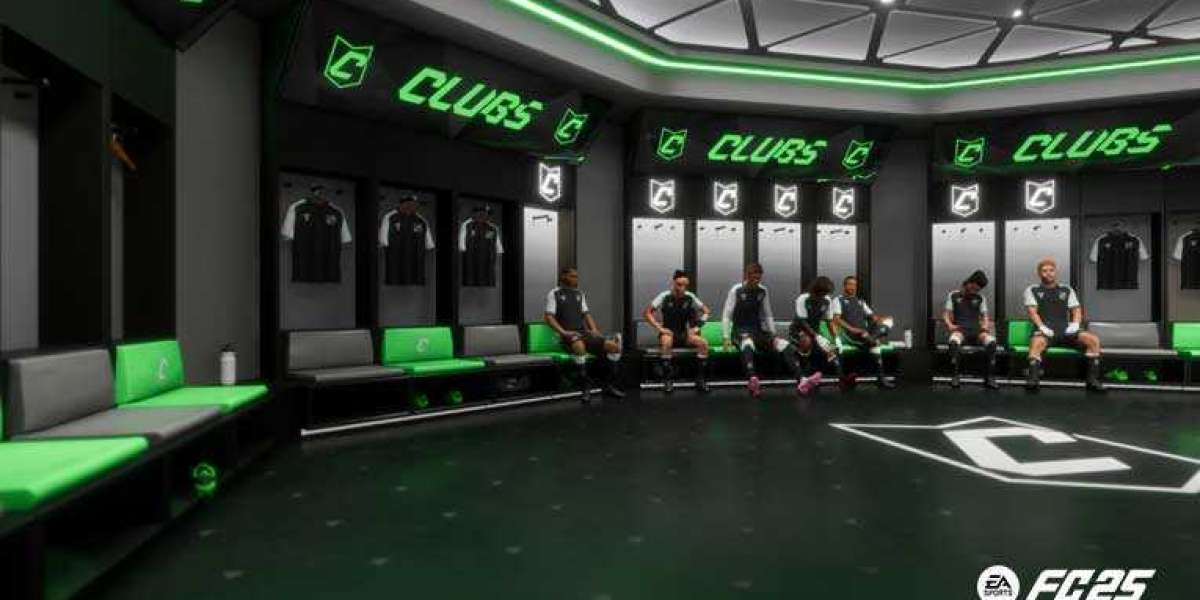Samarkand State Medical Institute (SSMI) in Uzbekistan stands out as a premier institution for medical education, renowned for its robust curriculum and commitment to producing competent healthcare professionals. A key aspect of SSMI’s educational philosophy is its emphasis on clinical training and hands-on experience, essential for developing the skills and competencies required in the medical field. This article delves into how SSMI supports its students in gaining practical experience through various initiatives and resources.
Importance of Clinical Training
Clinical training is integral to medical education, bridging the gap between theoretical knowledge and practical application. It equips students with the ability to interact with patients, understand clinical procedures, and apply their learning in real-world settings. SSMI recognizes the significance of hands-on experience and has structured its programs to ensure students engage in extensive clinical training throughout their studies.
Structured Clinical Curriculum
From the early years of the MBBS program, students at SSMI are introduced to clinical training. The curriculum is designed to progressively increase exposure to clinical practice, allowing students to build their skills incrementally.
Early Clinical Exposure: Students begin their clinical training in the second year of the MBBS program, where they participate in introductory clinical sessions. These sessions typically include patient interactions, basic physical examination techniques, and understanding clinical documentation.
Rotations Across Specialties: As students advance in their studies, they undergo clinical rotations in various medical specialties, such as internal medicine, surgery, pediatrics, obstetrics, gynecology, and psychiatry. These rotations, which take place in affiliated hospitals and clinics, provide students with valuable hands-on experience in different areas of medicine.
Integrative Learning: SSMI employs an integrative learning approach, where theoretical knowledge from lectures is applied in clinical settings. For example, students studying pharmacology may participate in medication management during their rotations, reinforcing their understanding through practical application.
Affiliated Hospitals and Clinical Sites
Samarkand State Medical Institute collaborates with several hospitals and healthcare facilities to facilitate clinical training for its students. These affiliations are crucial for providing a diverse range of clinical experiences:
Teaching Hospitals: SSMI has established partnerships with reputable teaching hospitals in Samarkand and surrounding regions. These hospitals offer students the opportunity to work alongside experienced healthcare professionals, allowing them to observe and participate in patient care.
Community Health Centers: Students also gain experience in community health settings, where they can engage in preventive medicine, health education, and public health initiatives. This exposure helps students understand the broader context of healthcare and the importance of community-oriented practices.
Diverse Patient Populations: The variety of clinical settings and patient demographics enables students to encounter a wide range of medical conditions and treatment protocols. This diversity enhances their adaptability and prepares them for future challenges in their medical careers.
Simulation and Skills Training
In addition to clinical rotations, SSMI places a strong emphasis on simulation-based training to enhance students' practical skills. The institute is equipped with modern simulation laboratories where students can practice various medical procedures in a controlled environment.
Clinical Skills Workshops: These workshops allow students to learn and practice essential skills, such as suturing, venipuncture, and basic life support. Simulations provide a safe space for students to make mistakes and learn from them without risking patient safety.
High-Fidelity Simulators: Advanced simulation technology, including high-fidelity manikins that mimic real-life physiological responses, enables students to experience realistic clinical scenarios. This hands-on practice fosters critical thinking and decision-making skills, essential for real-life patient care.
Assessment and Feedback: After simulation exercises, students receive constructive feedback from faculty and peers, allowing them to refine their techniques and build confidence in their clinical abilities.
Faculty Support and Mentorship
The role of faculty in supporting students during clinical training cannot be overstated. SSMI boasts a team of experienced and dedicated faculty members who mentor students throughout their clinical experience.
Guided Clinical Learning: Faculty members often accompany students during clinical rotations, providing guidance, supervision, and immediate feedback on their performance. This hands-on mentorship helps students develop their clinical reasoning and procedural skills.
Case Discussions: Regular case discussions and debriefing sessions allow students to analyze clinical cases they encounter during rotations. These discussions encourage critical thinking and foster a deeper understanding of patient management.
Research and Learning Opportunities: Faculty members also encourage students to engage in research projects during their clinical training. This integration of research into clinical practice enhances students' understanding of evidence-based medicine and promotes a culture of inquiry.
Student Support Services
Recognizing the challenges of clinical training, SSMI provides various support services to help students navigate their experiences successfully:
Counseling and Well-being: The institute offers counseling services for students who may experience stress or anxiety related to clinical training. Mental health support is crucial in helping students maintain a healthy balance during their demanding studies.
Academic Support: Academic advisors assist students in planning their clinical rotations and addressing any academic challenges they may face. This guidance helps students stay on track and make the most of their clinical training opportunities.
Peer Support Networks: SSMI fosters a collaborative environment where students can form study groups and support networks. Peer mentoring enhances the learning experience and allows students to share insights and tips for success during clinical training.
Conclusion
Samarkand State Medical Institute is committed to providing its students with comprehensive clinical training and hands-on experience, essential for developing competent and confident healthcare professionals. Through structured clinical curricula, partnerships with hospitals, simulation-based training, and dedicated faculty support, SSMI ensures that its students are well-prepared for the challenges of modern medicine. As healthcare continues to evolve, the emphasis on practical experience remains a cornerstone of the educational philosophy at SSMI, equipping future medical professionals with the skills necessary to provide quality care to patients around the world.








